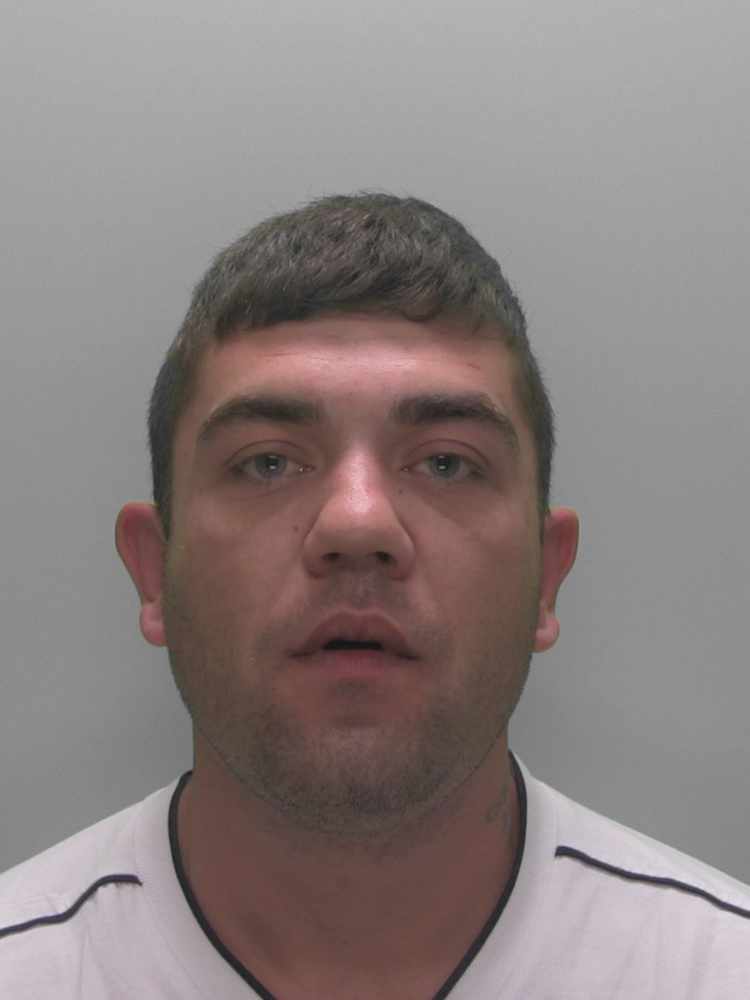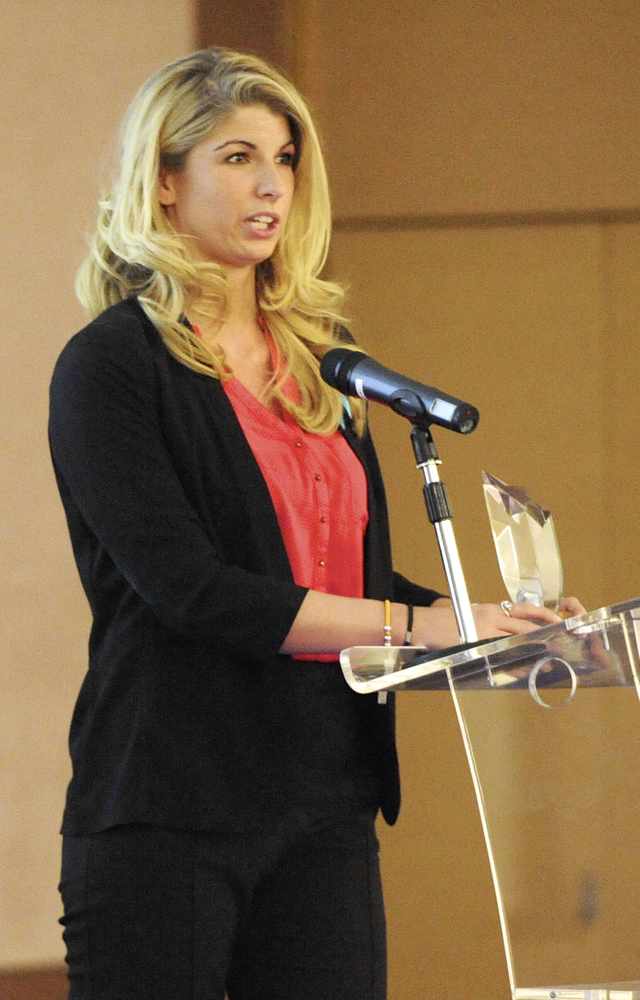The Royal Court jailed Anthony Jalam for four-and-a-half years after he subjected his victim to a ‘brutal’ attack in which he violently and sexually assaulted her and forced her to perform oral sex on him.

However, the court heard that if the 28-year-old had been sentenced in the UK, the offence would have been considered as rape – a charge which carries a maximum sentence of life imprisonment.
Today, Cassidy McIntosh, who launched Jersey Action Against Rape (JAAR) seven months ago to offer confidential support and counselling to men and women who have been raped or sexually assaulted, has spoken of the urgent need to update the law.
‘JAAR welcomes the fact that there has been a successful prosecution,’ she said. ‘We would like to see an urgent change in the law whereby sexual assaults involving any form of penetration should be classified as rape thereby attracting a harsher maximum sentence of life imprisonment.’
Earlier this year the JEP reported that senior members of the States Police, the Island’s criminal justice system and the Law Officers’ Department were working together on a series of legislative changes which could result in the creation of a male rape offence, as well as significantly increasing the number of female rape cases prosecuted in the Island.

The group are currently considering a number of amendments which include changing the alcohol and consent laws, so if a person is severely intoxicated, he or she loses the capacity to consent to sex.
If accepted, the changes would also bring Jersey in line with the UK by defining forced anal or oral sex as rape. Currently, they are classed as indecent assault.
Home Affairs Minister Kristina Moore said that progress had been made, but that the changes had not yet reached the law drafting stage.
‘The Jalam case is a very sad example of why we are doing the work that we are doing,’ she said.
‘Updating the sexual offences law has been my priority since I became minister last year. It is a complex piece of work – it involves lots of different parties and is something that we are pushing to give to the States at the earliest possible moment.
‘It is difficult to say exactly when it could come before the States, but there is a possibility that it could be voted on by the end of next year.’
Deputy Moore added that work had also progressed with establishing a sexual assault referral centre, which will enable victims of rape and sexual assault to benefit from support before they go to the police. They will also be able to be forensically examined at the centre after the incident.
- 2.5 per cent of females and 0.4 per cent of males have been a victim of a sexual offence (or an attempted sexual offence) in the previous 12 month (based on aggregated data from the Crime Survey for England and Wales in 2009/10, 2010/11 and 2011/12)
- This represents around 473,000 adults being victims of sexual offences (around 404,000 females and 72,000 males) on average per year. These experiences span the full spectrum of sexual offences, ranging from the most serious offences of rape and sexual assault, to other sexual offences like indecent exposure and unwanted touching.
- This equates to 820 females and 130 males in Jersey on average per year (based on a female population, aged between 14 and 64, of 33,000 and a male population, aged between 14 and 64, of 32,000)
- It is estimated that 0.5 per cent of females reported being a victim of the most serious offences of rape or sexual assault by penetration in the previous 12 months, equivalent to around 85,000 victims on average per year. Among males, less than 0.1 per cent (around 12,000) reported being a victim of the same types of offences in the previous 12 months.
- In Jersey (based on the assumptions above) this equates to 164 females and 32 males.
- Around one in 20 females (aged 16 to 59) reported being a victim of a most serious sexual offence since the age of 16. Extending this to include other sexual offences such as sexual threats, unwanted touching or indecent exposure, this increased to one in five females reporting being a victim since the age of 16.
- Between January 2011 and May 2012 there were 5,651 prosecutions for rape in England and Wales and 35 prosecutions for making false allegations of rape, indicating that less than 1 per cent of rape reports are false.
- Around 90 per cent of victims of the most serious form of sexual offences knew the perpetrator, compared with less than half for other sexual offences.
[breakout title=”VIDEO: A national advertising campaign aimed at preventing teenage rape”]
[youtube] <iframe width=”560″ height=”315″ src=”https://www.youtube.com/embed/WIX9oREk8Fw” frameborder=”0″ allowfullscreen></iframe> [/youtube] [/breakout]






